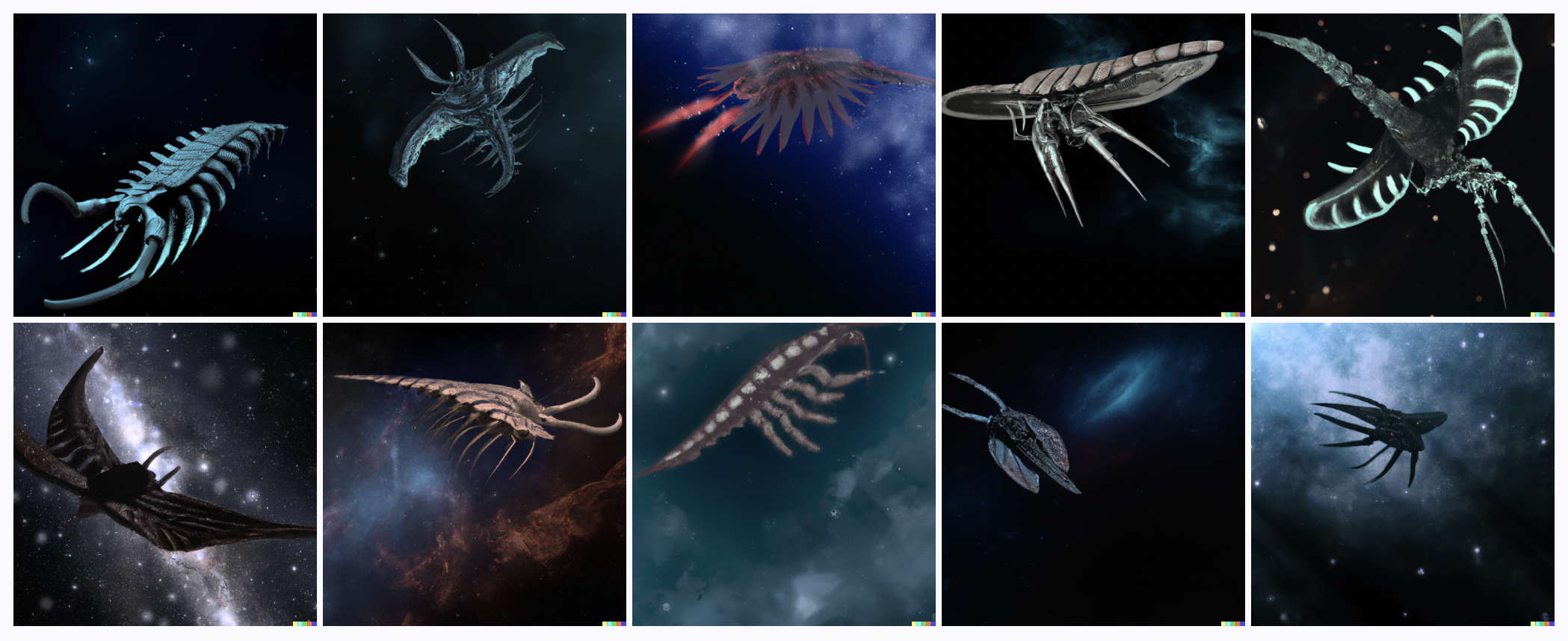All of eeegnu's Comments + Replies
They probably do not know where the real difficulties are, they probably do not understand what needs to be done, they cannot tell the difference between good and bad work, and the funders also can't tell without me standing over their shoulders evaluating everything, which I do not have the physical stamina to do.
This was the sentiment I got after applying to the LTFF with an idea. Admittedly, I couldn't really say whether my idea had been tried before, or wasn't obviously bad, but my conversation basically boiled down to whether I wanted to use this...
This was the sentiment I got after applying to the LTFF with an idea. Admittedly, I couldn't really say whether my idea had been tried before, or wasn't obviously bad, but my conversation basically boiled down to whether I wanted to use this project as a way to grow myself in the field, rather than any particular merits/faults of the idea itself
I evaluated this application (and we chatted briefly in a video call)! I am not like super confident in my ability to tell whether an idea is going to work, but my specific thoughts on your proposals were that I ...
For competitive programming questions, codeforces.com. It has a large audience of highly skilled competitive programmers, and someone will normally help you if it's an interesting question.
I'd rate these highly, there are many forms of anomalocarids (https://en.m.wikipedia.org/wiki/Radiodonta#/media/File%3A20191201_Radiodonta_Amplectobelua_Anomalocaris_Aegirocassis_Lyrarapax_Peytoia_Laggania_Hurdia.png) and it looks to have picked a wide variety aside from just candensis, but I'm thoroughly impressed that it got the form right in nearly all 10.
A prompt i'd love to see: "Anomalocaris Canadensis flying through space." I'm really curious how well it does with an extinct species which has very little existing artistic depictions. No text->image model i've played with so far has managed to create a convincing anomalocaris, but one interestingly did know it was an aquatic creature and kept outputting lobsters.
Going by the Wikipedia page reference, I think it got it somewhat closer than "lobsters" at least?

Never delete code or results!!!
There's a tool I've been interested in using (if it exists), basically a jupyter notebook, but which saves all outputs to tmp files (possibly truncating at the 1MB mark or something), and which maintains a tree history of the state of cells (i.e. if you hit ctrl-z a few times and start editing, it creates a branch.) Neither of these are particularly memory heavy, but both would have saved me in the past if they were hidden options to restore old state.
I'd also add that if you had a bug, and it took real effort/digging to find...
I'll probably end up thinking about this in the background for a while, and jotting down any interesting cases in case they can accumulate into a nice generalizable thing (or maybe I'll stumble upon someone else who's made such an analysis before.)
Where I see your example sharing a common idea is that one party makes what appears to be a suboptimal decision (e.g. if they just wanted to attract top talent, a salary at the top of the salary spectrum would suffice), and it leaves the other party to infer what might be the true reasoning behind the decision th...
These are great points, and ones which I did actually think about when I was brainstorming this idea (if I understand them correctly.) I intend to write out a more thorough post on this tomorrow with clear examples (I originally imagined this as extracting deeper insights into chess), but to answer these:
- I did think about these as translators for the actions of models into natural language, though I don't get the point about extracting things beyond what's in the original model.
- I mostly glossed over this part in the brief summary, and the motivation I had
... (read more)